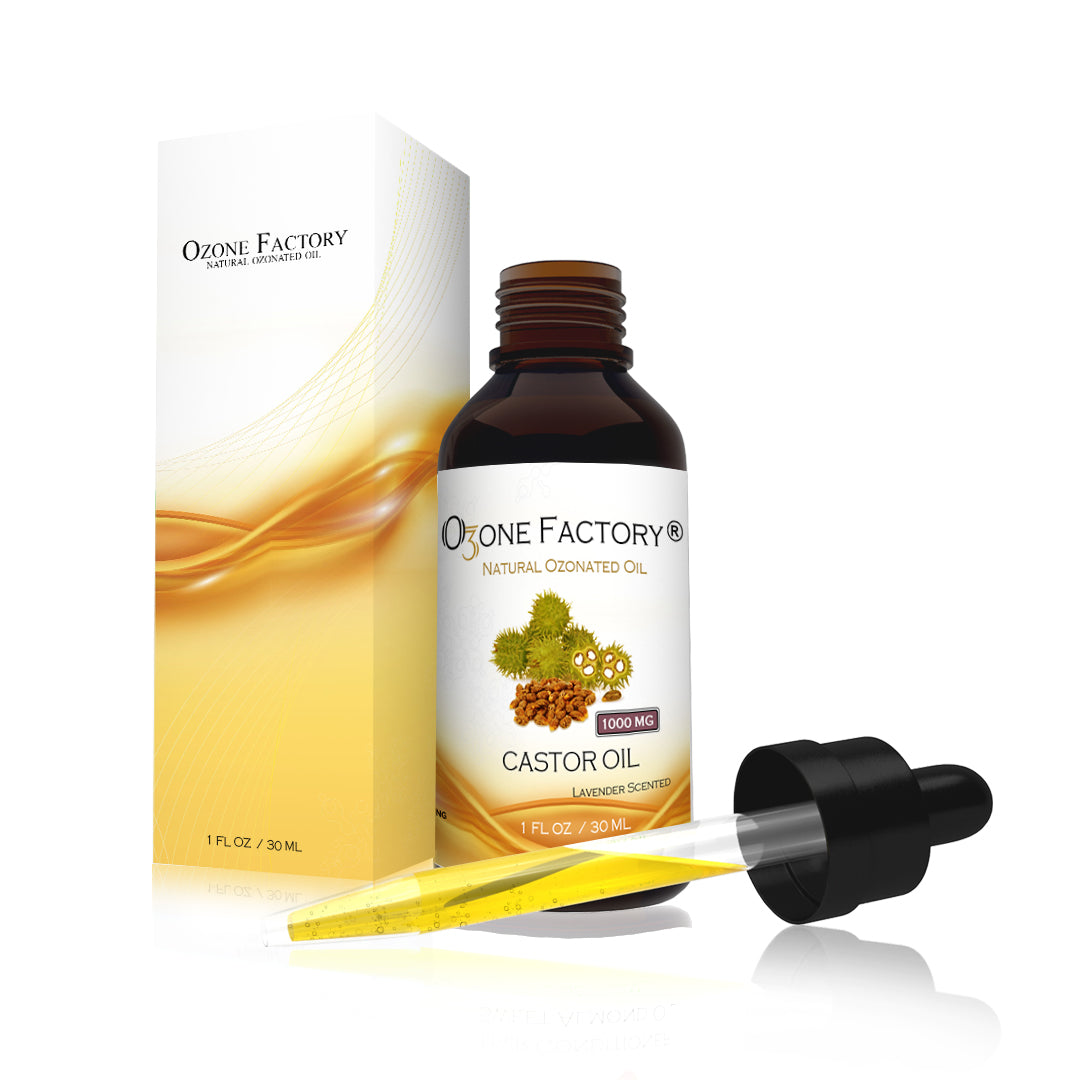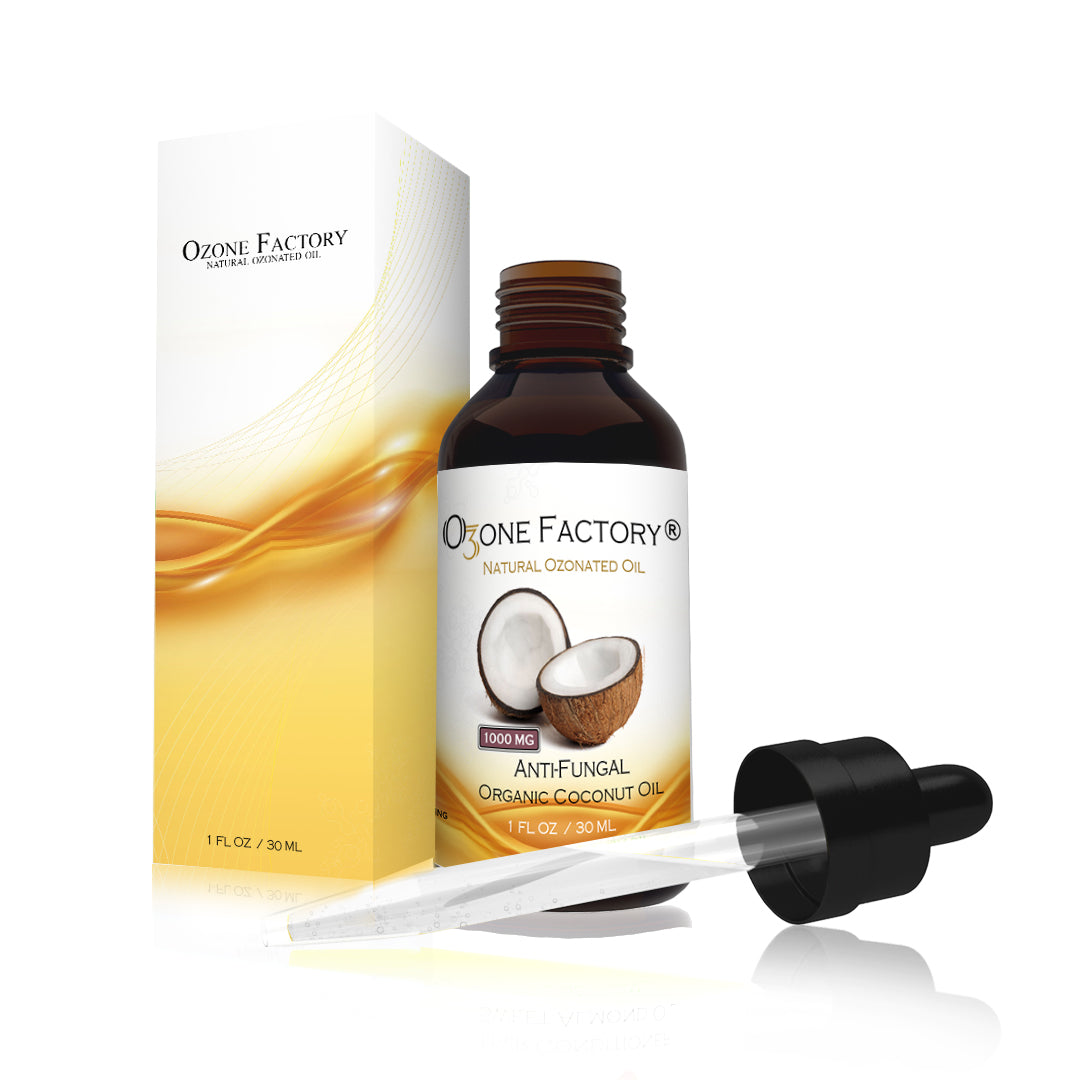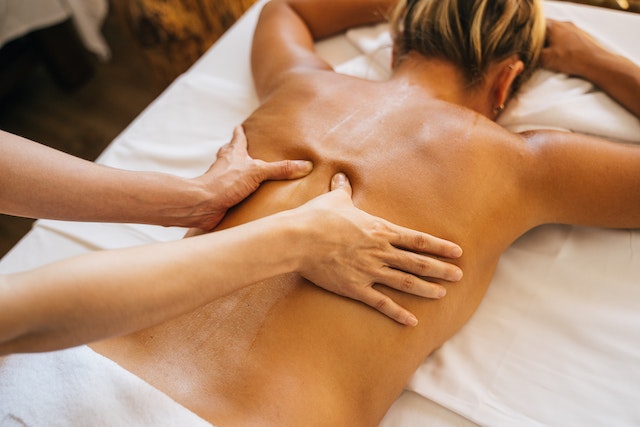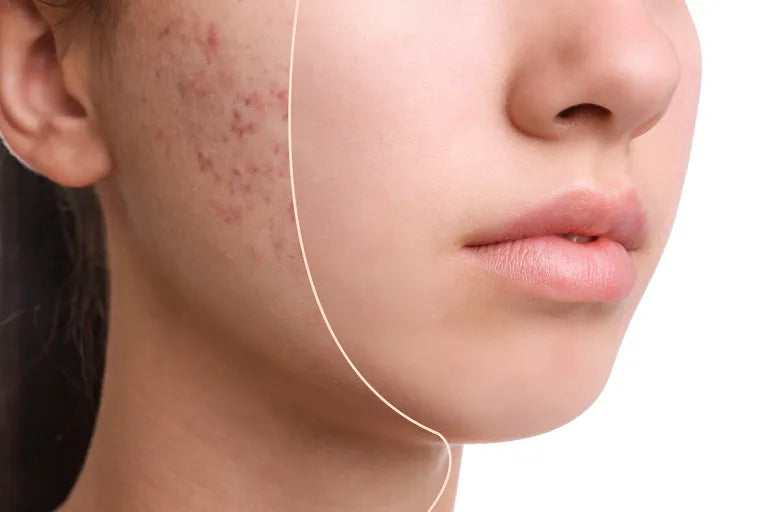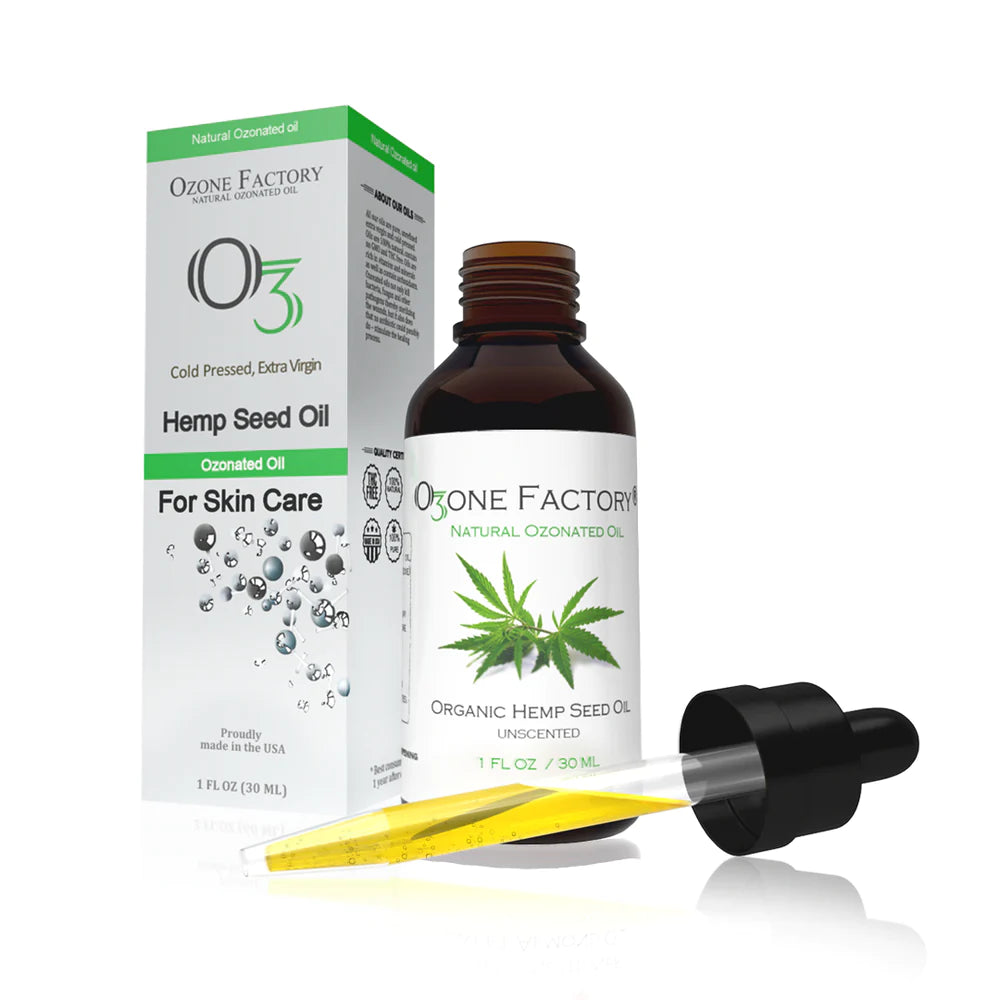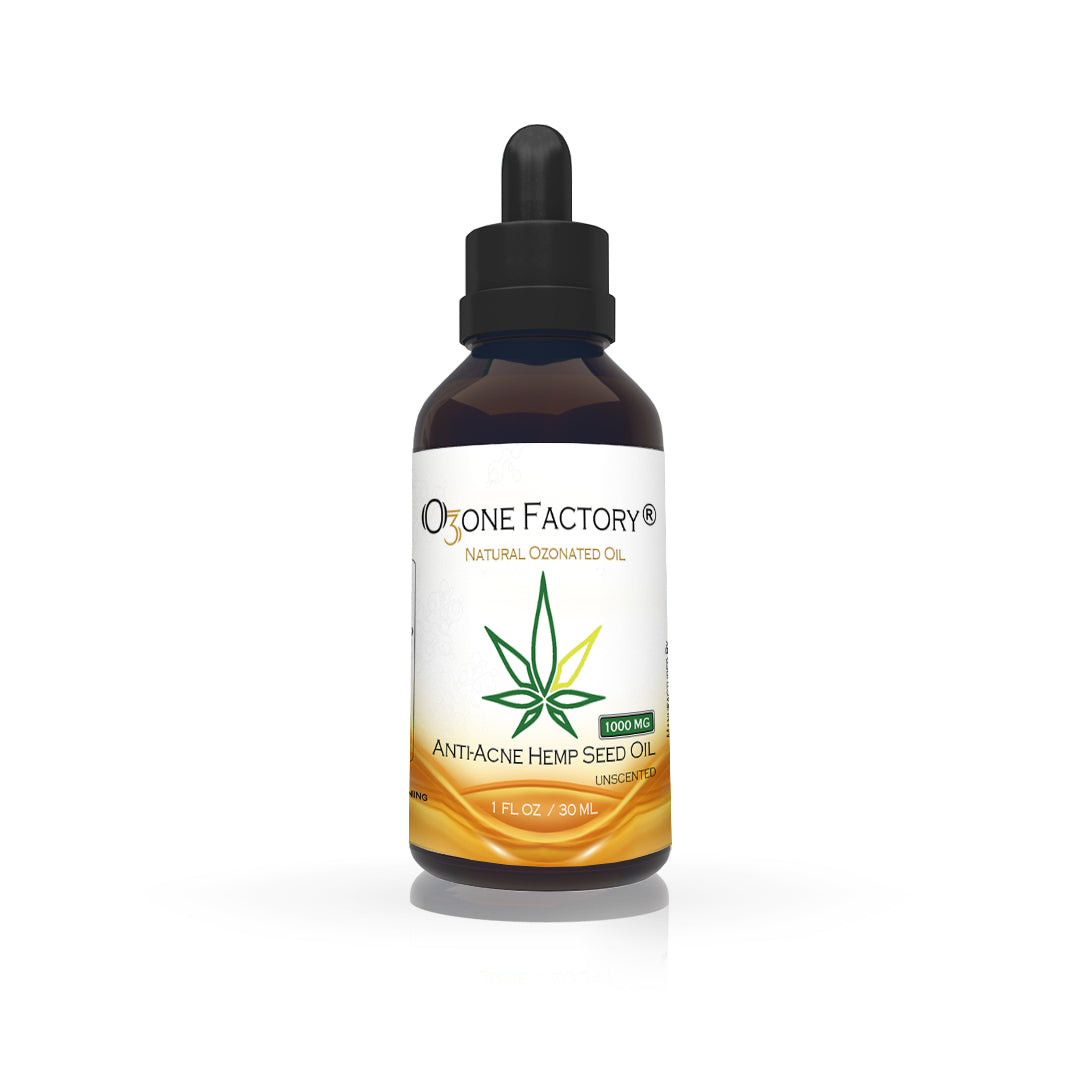
Whether you’re traveling from a humid tropical region to a dry, windy environment or simply transitioning from summer to autumn, abrupt climate changes can wreak havoc on your skin. From unexpected breakouts to increased dryness and irritation, your skin often struggles to adapt to new environmental stressors. But there is a natural solution that can help your skin remain balanced and resilient: ozonated oils.
What Happens to Your Skin When the Climate Changes Suddenly?
Your skin is your body’s first line of defense. It’s designed to respond to its environment — producing more oil in humid conditions, or retaining more moisture in dry ones. But when the climate shifts too quickly, your skin doesn't always have time to adapt. The result?
1. Dryness and Flakiness. A move from a warm, humid place to a cold, dry climate can cause the skin to lose moisture rapidly. This leads to a compromised skin barrier, making the skin feel tight, flaky, and prone to irritation.
2. Breakouts. Surprisingly, many people experience acne flare-ups when the weather changes. Increased sweating, environmental toxins, or dryness-induced overproduction of sebum can all contribute to clogged pores and pimples.
3. Redness and Sensitivity. Wind, temperature extremes, and UV exposure can cause blood vessels to dilate, leading to visible redness and increased skin sensitivity.
4. Increased Oxidative Stress. Drastic temperature and humidity shifts expose the skin to oxidative stress, which accelerates aging and dullness.

How Ozonated Oils Can Support Your Skin During Climate Changes
Ozonated oils are plant oils (like olive oil, hemp seed oil, or coconut oil) infused with ozone gas. The result is a powerful topical product known for its antibacterial, anti-inflammatory, and regenerative properties.
Here’s how they can help protect and restore your skin during environmental shifts:
- Restores the Skin Barrier. Ozonated oils are rich in oxygenated compounds that help repair the skin’s natural barrier, preventing moisture loss and soothing dry, irritated skin.
- Balances Sebum Production. If climate changes cause your skin to become oily or congested, ozonated oils (especially lighter options like ozonated hemp seed oil) can help regulate sebum without clogging pores.
- Fights Inflammation and Redness. The anti-inflammatory effects of ozonated oils reduce redness and help calm skin conditions like rosacea or weather-induced irritation.
- Boosts Cellular Regeneration. Ozone stimulates the skin’s oxygen metabolism, helping to repair damaged tissue and promote healing — essential after windburns or sudden UV exposure.

How to Use Ozonated Oils When Traveling or During Seasonal Changes
- Apply a few drops at night to clean, damp skin to help your skin recover while you sleep.
- Use during flights or long drives in dry environments to maintain hydration.
- Pair with a moisturizer to seal in moisture in colder, drier climates.
- Spot treat breakouts or rough patches with ozonated oil to speed up healing without harsh chemicals.
Conclusion: Stay Ahead of Climate Shock with the Power of Ozone
Your skin doesn’t have to suffer when the weather changes. By understanding how climate affects your skin and integrating ozonated oils into your skincare routine, you can minimize damage, reduce inflammation, and maintain a healthy, glowing complexion year-round.
If you're looking for a natural, science-backed solution to unpredictable weather, ozonated oils might be the skin ally you didn’t know you needed.

